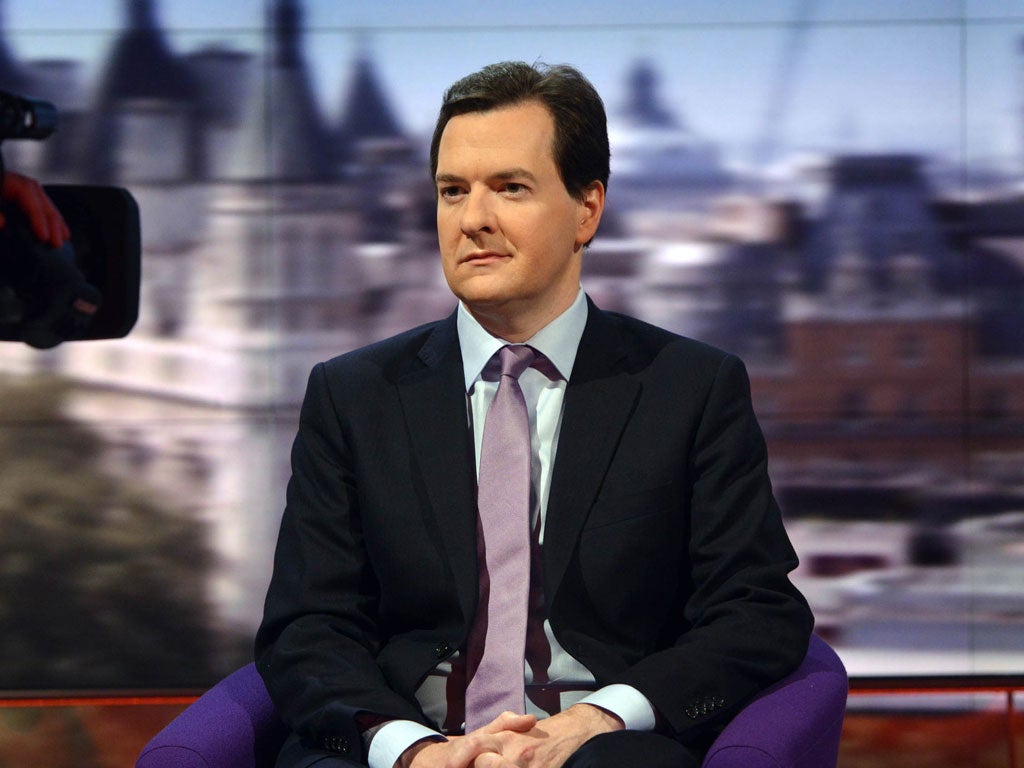Government considering £1.8bn raid on tax relief

The amount of money that people will be able to pay into their pension pots without paying tax on it could be slashed by up to a third as part of a £1.8bn raid on tax relief.
The Government is understood to be examining proposals to reduce from £50,000 to £30,000 the annual amount individuals can put into their pensions without incurring income tax.
Another option is to cut the level of pension tax relief that high earners can claim – which currently stands at 50 per cent for those people earning more than £150,000 a year.
Speaking yesterday ahead of Wednesday’s Autumn Statement the Chancellor George Osborne confirmed that he would look for greater contributions from the wealthy as he seeks to tackle the UK’s deficit.
However he said that the Government had ruled out any kind of mansion tax on multimillion properties – limiting his revenue raising options.
“I’m very clear going forward we’ve got to deal with this deficit…and it’s got to be done fairly, and that means yes, the richest need to bear their fair share – and they will,” he said.
“That means more than they’re paying at the moment.”
Cutting tax relief could be sold as a way of raising significant revenue for the Treasury from the rich while not hitting the middle classes.
However it will be criticised by the pensions industry and business leaders, including the CBI, which has previously warned that cutting the £50,000 threshold would “hit swathes of middle-income earners”.
However the changes would mainly hit those earning £200,000 or more, or people who sell houses to boost the value of their pension.
Mr Osborne is also likely to use the autumn statement to admit that he will miss his borrowing targets.
“We had two targets, one was to get debt share falling as a share of national income by 2015/16 and also to balance the current budget,” he told BBC’s Andrew Marr Show.
“It is clearly taking longer to deal with Britain’s debts, it’s clearly taking longer to recover from the financial crisis than one would have hoped but we have made real progress.”
Economic experts warn Mr Osborne will have to put back his goal to cut the nation’s debt as a percentage of gross domestic product (GDP) in 2015/2016 without major spending cuts and tax rises.
Today it admitted it was “going to take longer” suggesting he may limit tax rises and spending rises in an attempt not to stifle growth.
Mr Osborne added: “If you are telling me it’s a tough environment out there and I wish the British economy was growing more like the rest of the world economy was growing, well of course I would say yes to that.
“But the question is how do you get there, how do you deliver that and I think undermining the credibility of our deficit plan, going back on our commitment to deal with our debts would be a complete catastrophe for Britain and would put us into the place where some European countries are at the moment and that is not a place where Britain wants to be.”
Subscribe to Independent Premium to bookmark this article
Want to bookmark your favourite articles and stories to read or reference later? Start your Independent Premium subscription today.

Join our commenting forum
Join thought-provoking conversations, follow other Independent readers and see their replies